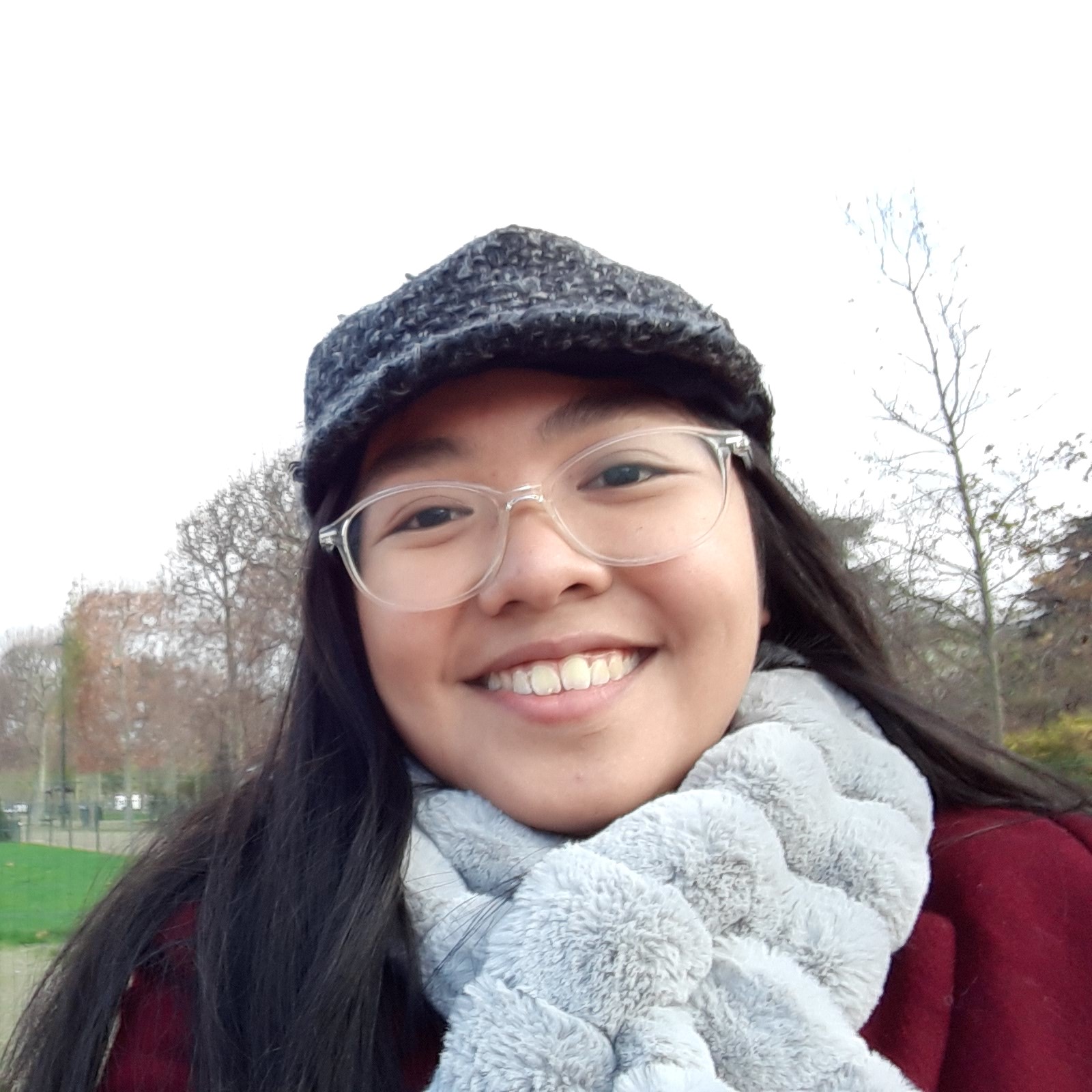PULiiMA 2025: Sharing stories, reconnecting with histories
Published:
Wawa Ian Mongunu Gumbula and I shared our stories and research about Living with Weather at this year’s PULiiMA Indigenous Language & Technology Conference! Check out our slides here.
As everyone who participated this week will attest, PULiiMA is truly a one-of-a-kind gathering held every two years to celebrate Indigenous languages and cultures throughout Australia and around the world. It is unique amongst conferences of this scale (1000 people strong!) in that stories get to be told in local languages to a vast multicultural audience without the expectation of a word-per-word translation, but with every guarantee that people are listening deeply to the stories that have come from Country and are partaking in the spirit of every word said, every dance and song performed, every humorous comment made.
Today’s presentation was a personal milestone, as it was the first time that I was able to introduce myself to an international audience in my mother’s tongue Bikol (which I grew up hearing in Mama Edilynn Aquino’s conversations with her mother, siblings, and broader family, in which I only have some receptive multilingualism but never learned to speak in my childhood). To say to a full room of people from many different countries and homelands, “Marhay na aldaw sa indo gabos,” to not only narrate the work we’ve done over the past three years but go further back and share memories of Daragang Magayon, Milenyo, and Ondoy alongside Wawa’s own life experiences, and to then conclude our session about severe weather, intercultural communication, and weathering shared hardships by singing “Hawak Kamay” was indeed a liberating and empowering experience that I will treasure and continue to practice in academic settings to come.
After three years of living in the NT and learning from elders and community leaders here, I have begun to unlearn many of the prejudices and falsehoods I unwittingly held about my own Indigeneity. For indeed, that is what my Blakbala collaborators recognise it as and what I now believe it to be: not the narrowly limiting definition of IPs that Philippine legislation imposes (which restricts Indigenous identity to those who lived in isolation from imperially-governed Philippines during the Spanish occupation), but an indelible belonging and responsibility to the lands of my parents and grandparents, mga lupain na “sariling atin”, that my ancestors walked and cared for throughout the millenia.
Four centuries of colonisation by three different foreign regimes (and even now, government policies enacted by our own kinsmen) have tried to sever our connection and cultural continuity to the lands to which we belong and are responsible for. But as many strong leaders at this conference have emphasised, our languages and cultures will never truly die out for as long as we, their custodians and flamekeepers, live and breathe. They may at times fall into deep slumber, but so long as we are willing to come back to the land and re-search our heritage, ang ating pinanggalingan, with spirit and perseverance we will always have the capacity to reawaken these knowledges within us and make them thrive once more for centuries to come.
P.S. Para sa mga nagtataka kung bakit English pa rin ang gamit ko sa karamihan ng post na ‘to: Siguradong pagbalik ko sa mga silid-aralan ng UP, mas sisikapin kong gamitin ang Tagalog (at baka pati kaunting Bikol!) sa pagtuturo at hihikayatin ang mga magiging estudyante ko na gamitin ang mga wika na pinanggalingan nila pati sa EEE majors. Baka pwede nga nila akong turuan ng mga salita sa iba’t ibang wika ng Pilipinas habang tinutulungan ko sila na maging mabuting engineer para sa bayan. Paumanhin nga lang at marami rin sa Facebook friends ko ay galing sa samu’t saring sulok ng mundo, kaya gusto ko rin iparating ang mga mensaheng ito sa kanila!
